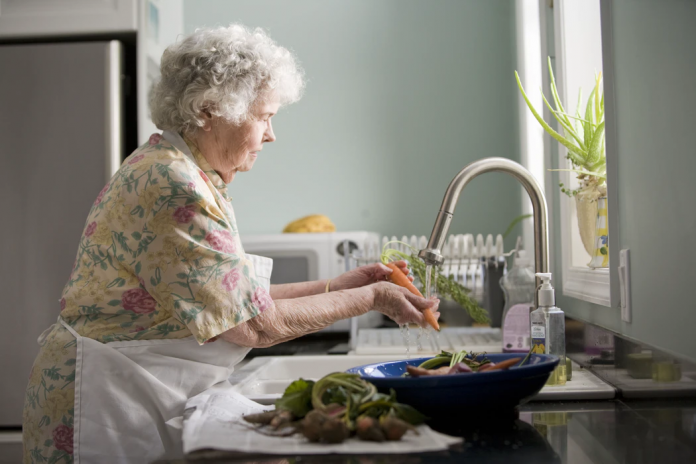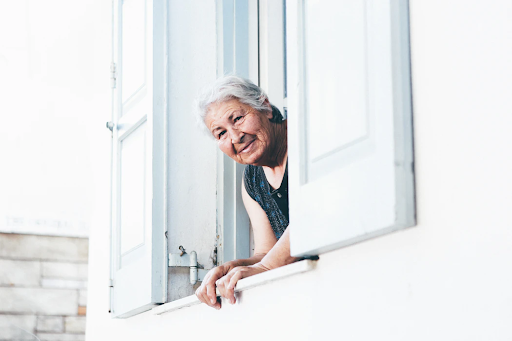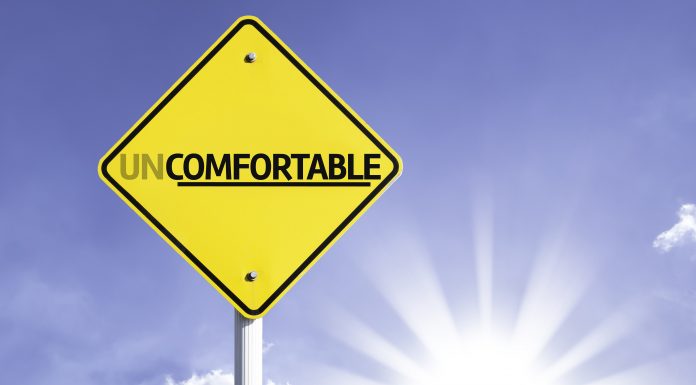Many people will tell you the best ways to safeguard and speed along your recovery if you suffer an injury; however, it’s equally as important to know what not to do so that your good intentions don’t end up paving the path to you-know-where. Here are six mistakes seniors commonly make after injuring themselves that you should do your best to avoid.
1. Going it Alone
Many seniors have a lot of pride, and some of them might take it as an insult if you tell them they might need a friend or even a nurse by their side as they recover from an ailment or injury. However, having a nurse to help in recovery can do wonders for speeding the process along and making sure you don’t commit any of the other errors listed here. Two heads are always better than one (even if one of them might have a bump).
2. Going Back to Normal Too Fast
We all become eager to get back to our daily routine whenever an injury stops us in our tracks, but trying to get back to normal too fast can undo a lot of your hard work. It takes more time to recover from even minor setbacks as you age, and going through the motions will make sure you don’t have to climb back on the sickbed the moment you get off. We know it can be tedious, but sticking with it pays off!
3. Ignoring—or Not Visiting—Your Doctor
No matter how much great advice you find online (our own included!) no amount of web surfing is going to replace a visit to your physician to find out what the trouble is. Reliable checkups are important even when you’re in the best of health, and they only become more vital as a person ages. Doctors are trained to catch all sorts of problems the average person may not even know exist, so being on the safe side and making an appointment is always the way to go.
4. Not Researching Wellness Products
It isn’t always the best idea to trust the claims of every over-the-counter product at face value, nor is it always smart to assume that a product that costs more will automatically be better for you. Doing research about the ingredients in a given recovery product is always going to be your best bet when it comes to finding the common pharmaceuticals that will be right for your recovery. And if some of the names you find on these bottles start to throw you for a loop, ask your doctor about which chemicals are safe for you and which ones to avoid.
5. Neglecting Normal Exercises
While you should always dial back your physical regimen a bit after you incur an injury, many types of exercise that you do every day can actually help your recovery process if you know how to use them. Studies have shown that completing activities that help both the mind and the body can be an effective one-two punch when it comes to showing your ailments the door that much quicker. Taking it easy doesn’t always mean turning into a couch potato, so make sure you’re still staying active whenever it’s healthy to do so.
6. Closing Your Mind
Many people, no matter how old they are, will learn how to solve a problem once and then assume that will always be the right way to do it under any circumstances. The best way to recover reliably is to be flexible: not just in terms of how far you can stretch your muscles, but also in what you’re willing to do to be the best “you” that you can be. If you’re willing to take advice and switch up plans when they don’t seem to be as effective as you thought they’d be, you’ll find yourself getting back to your old ways that much quicker.
Are there any other things seniors commonly do that might be doing more harm than good for their recovery? Let us know in the comments and join a thriving community of healthy seniors just like you!

























